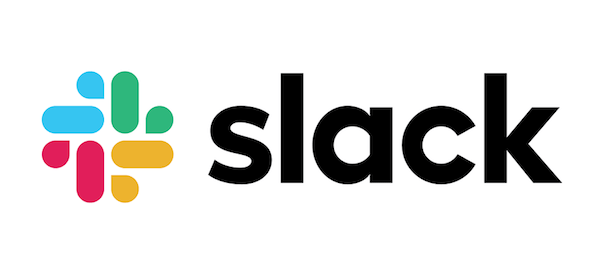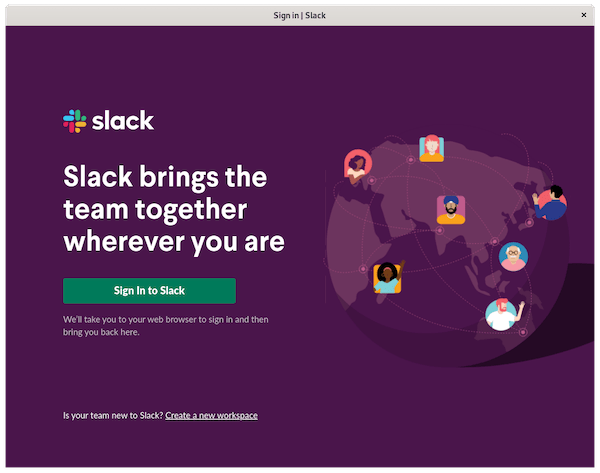
In this tutorial, we will show you how to install Slack on CentOS 8. For those of you who didn’t know, Slack is a cloud-based software that provides a team collaboration tool and services, founded by Stewart Butterfield. Slack offers a lot of IRC-like (Internet Relay Chat) features such as a persistent chat room channel organized by topic. Slack can be searchable including files, conversations, and people.
This article assumes you have at least basic knowledge of Linux, know how to use the shell, and most importantly, you host your site on your own VPS. The installation is quite simple and assumes you are running in the root account, if not you may need to add ‘sudo‘ to the commands to get root privileges. I will show you the step-by-step installation of Slack on a CentOS 8.
Prerequisites
- A server running one of the following operating systems: CentOS 8 or RHEL-based.
- It’s recommended that you use a fresh OS install to prevent any potential issues.
- An active internet connection. You’ll need an internet connection to download the necessary packages and dependencies for Slack.
- A
non-root sudo useror access to theroot user. We recommend acting as anon-root sudo user, however, as you can harm your system if you’re not careful when acting as the root.
Install Slack on CentOS 8
Step 1. First, let’s start by ensuring your system is up-to-date.
sudo dnf clean all sudo dnf update
Step 2. Installing Slack on CentOS 8.
By default, the LibreWolf package doesn’t come in the default repository of CentOS 8. Now we download the latest Slack RPM packages using the following command below:
wget https://downloads.slack-edge.com/linux_releases/slack-3.4.0-0.1.fc21.x86_64.rpm sudo yum -y install https://dl.fedoraproject.org/pub/epel/epel-release-latest-7.noarch.rpm
Once successfully downloaded file, now install the Slack package using the following command below:
sudo yum localinstall slack-3.4.0-0.1.fc21.x86_64.rpm
Step 3. Accessing Slack on CentOS 8 Linux.
Now that Slack has been installed on your CentOS 8 desktop, you can start it either from the command line by typing slack or by clicking on the Slack icon (Activities → Slack).

Congratulations! You have successfully installed Slack. Thanks for using this tutorial for installing Slack on CentOS 8 system. For additional help or useful information, we recommend you check the official Slack website.